Reduce the likelihood of ID theft. The IRS listed phone scams as a top filing season concern and part of the annual listing of the “Dirty Dozen” tax scams for 2018.
Con artists make unsolicited calls claiming to be IRS officials. They demand that the victim pay a bogus tax bill. They convince the victim to send cash, usually through a wire transfer or a prepaid debit card or gift card. They may also leave “urgent” callback requests through phone “robo-calls”.
Many phone scams use threats to intimidate and bully a victim into paying. They may even threaten to arrest, deport or revoke the driver’s license of their victim if they don’t get the money.
Scammers often alter caller ID numbers to make it look like the IRS or another agency is calling. The callers use IRS employee titles and fake badge numbers to appear legitimate. They may use the victim’s name, address and other personal information to make the call sound official.
The IRS Will Never:
- Call to demand immediate payment using a specific payment method such as a prepaid debit card, gift card or wire transfer. Generally, the IRS will first mail a bill to any taxpayer who owes taxes.
- Threaten to immediately bring in local police or other law-enforcement groups to have the taxpayer arrested for not paying.
- Demand that taxes be paid without giving taxpayers the opportunity to question or appeal the amount owed.
- Ask for credit or debit card numbers over the phone.
- Call you about an unexpected refund.
Read the full News Release here…







